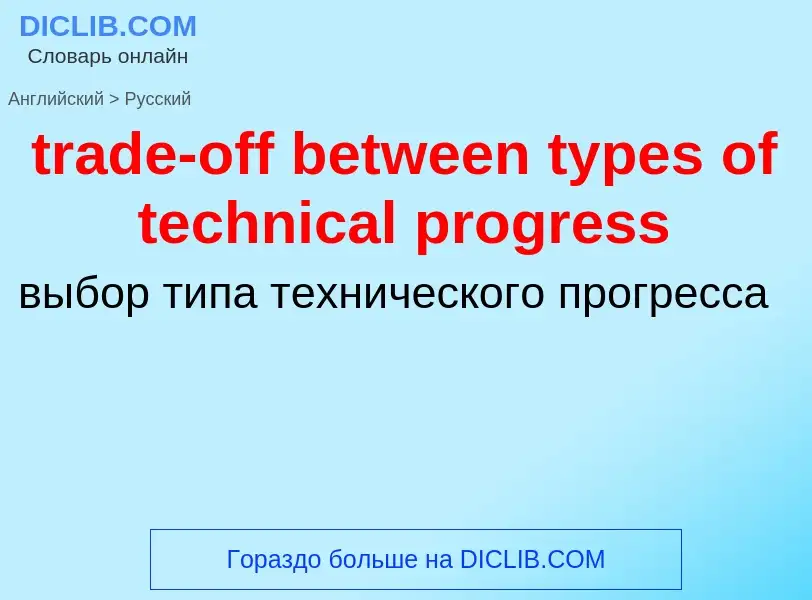Tradução e análise de palavras por inteligência artificial
Nesta página você pode obter uma análise detalhada de uma palavra ou frase, produzida usando a melhor tecnologia de inteligência artificial até o momento:
- como a palavra é usada
- frequência de uso
- é usado com mais frequência na fala oral ou escrita
- opções de tradução de palavras
- exemplos de uso (várias frases com tradução)
- etimologia
trade-off between types of technical progress - tradução para russo
Definição
.
Wikipédia

The trade-off theory of capital structure is the idea that a company chooses how much debt finance and how much equity finance to use by balancing the costs and benefits. The classical version of the hypothesis goes back to Kraus and Litzenberger who considered a balance between the dead-weight costs of bankruptcy and the tax saving benefits of debt. Often agency costs are also included in the balance. This theory is often set up as a competitor theory to the pecking order theory of capital structure. A review of the trade-off theory and its supporting evidence is provided by Ai, Frank, and Sanati.
An important purpose of the theory is to explain the fact that corporations usually are financed partly with debt and partly with equity. It states that there is an advantage to financing with debt, the tax benefits of debt and there is a cost of financing with debt, the costs of financial distress including bankruptcy costs of debt and non-bankruptcy costs (e.g. staff leaving, suppliers demanding disadvantageous payment terms, bondholder/stockholder infighting, etc.). The marginal benefit of further increases in debt declines as debt increases, while the marginal cost increases, so that a firm that is optimizing its overall value will focus on this trade-off when choosing how much debt and equity to use for financing.



![Unzertrennliche Freunde]]'' in the Leipzig Cinema Capitol on December 12, 1953. Unzertrennliche Freunde]]'' in the Leipzig Cinema Capitol on December 12, 1953.](https://commons.wikimedia.org/wiki/Special:FilePath/Fotothek df roe-neg 0006550 010 Zwei Pioniere des Bezirks Leipzig sehen sich das.jpg?width=200)
